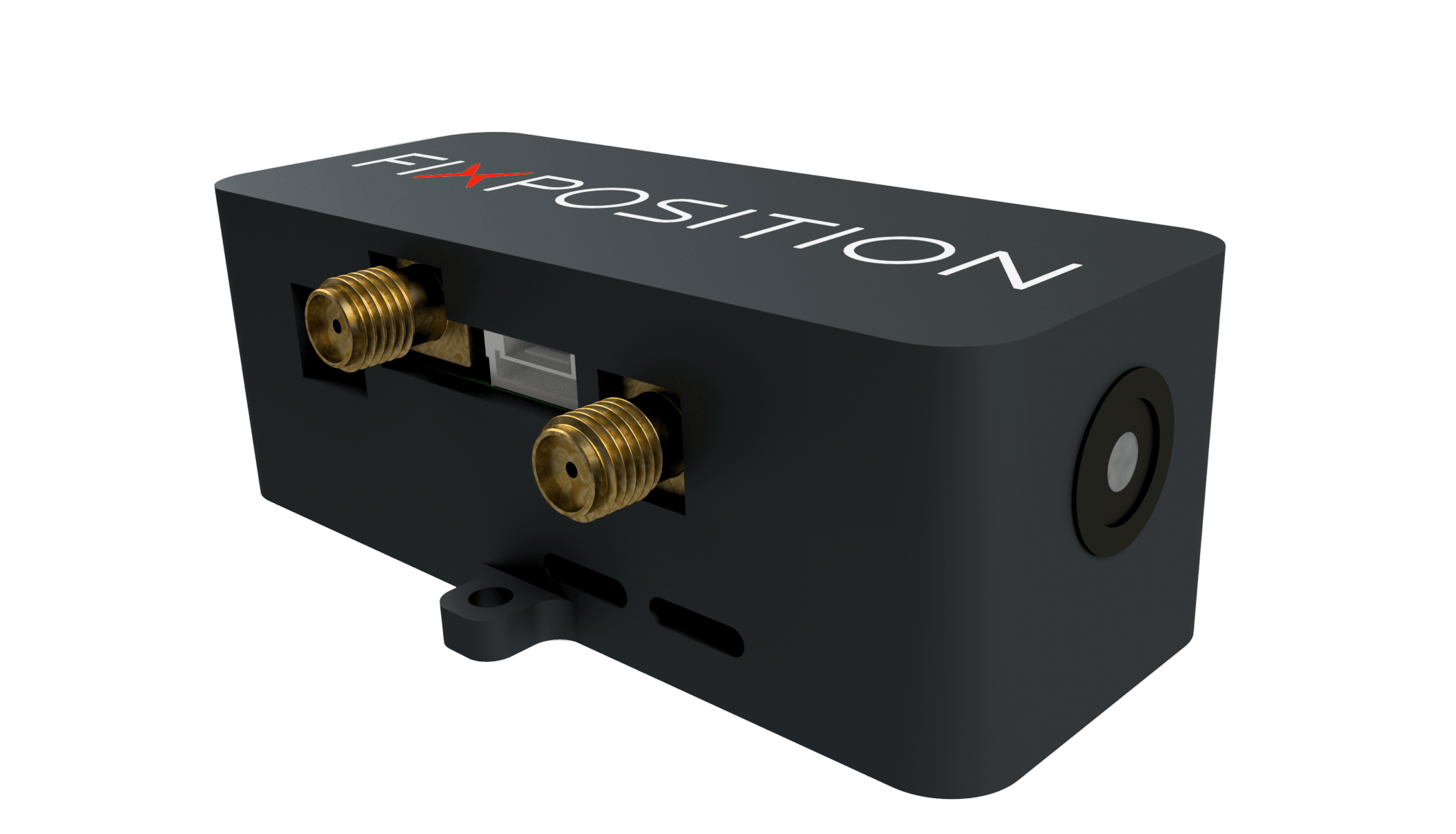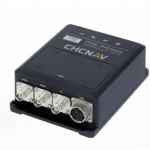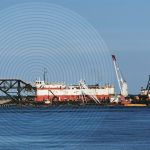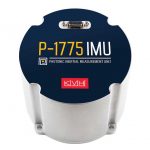Fixposition announced its new Vision-RTK positioning sensor, a compact centimeter-accurate solution with high reliability and availability in GNSS-challenged environments, at the Intergeo Digital event and industrial exposition. The sensor’s fusion algorithm deeply integrates satellite, camera and inertial sensors for reliability and availability in diverse and challenging applications.
The device uses complementary technologies to overcome the vulnerability of each individual one. GNSS sensors suffer from limited reliability in obstructed, multipath or RF-jammed areas; standalone computer vision is sensitive to light conditions such as snow, strong sunlight, rain and struggles in feature-poor situations such as cornfields and grass; inertial positioning errors accumulate over time. Fixposition’s solution increases the potential of these sensors with its unique sensor fusion technology by increasing the trustworthiness of the positioning accuracy and the range of operation in different environments.
The real-time sensor fusion provides centimeter-accurate absolute positioning at any time, in any outdoor environment. The module a smallest and lightweight sensor integrating two RTK-GNSS receivers and visual inertial navigation, suitable for applications where size and accuracy are of paramount importance. The dual-receiver configuration, together with Fixposition’s advanced algorithms, provides a true-heading output and increased resistance to electromagnetic radiation.
The sensor provides USB and Wi-Fi connectivity and an easy-to-use web interface. It enables straightforward integration in state-of-the-art autopilot control systems for drones and robots. It’s also plug-and-play compatible with platforms such as PX4, ROS and Apollo.
For ground robotics and drones applications, Vision-RTK increases the device uptime and efficiency while enabling new market segments in areas previously inaccessible. For end-device manufacturers, this technology eliminates the need for an in-house development of advanced localization solutions, shortening sales cycles and reducing costs and investments.
“The highly integrated nature of our Vision-RTK sensor and our deep expertise in computer vision and Real-Time Kinematic (RTK) GNSS enabled us to implement completely new approaches in sensor fusion resulting in previously unseen performance,” said Lukas Meier, CTO and co-founder of Fixposition. “With Vision-RTK, Fixposition offers a compact solution for positioning and navigation in challenging outdoor environments, enabling applications in previously unreachable areas and opening a whole new world of possibilities for autonomous ground robots and drones,” added Dr. Zhenzhong Su, CEO and co-founder of Fixposition. The company was founded by two teams from ETH Zurich, the Swiss Federal Institute of Technology Zurich, with extensive expertise in GNSS and computer vision.
Visit fixposition.com for more information.






